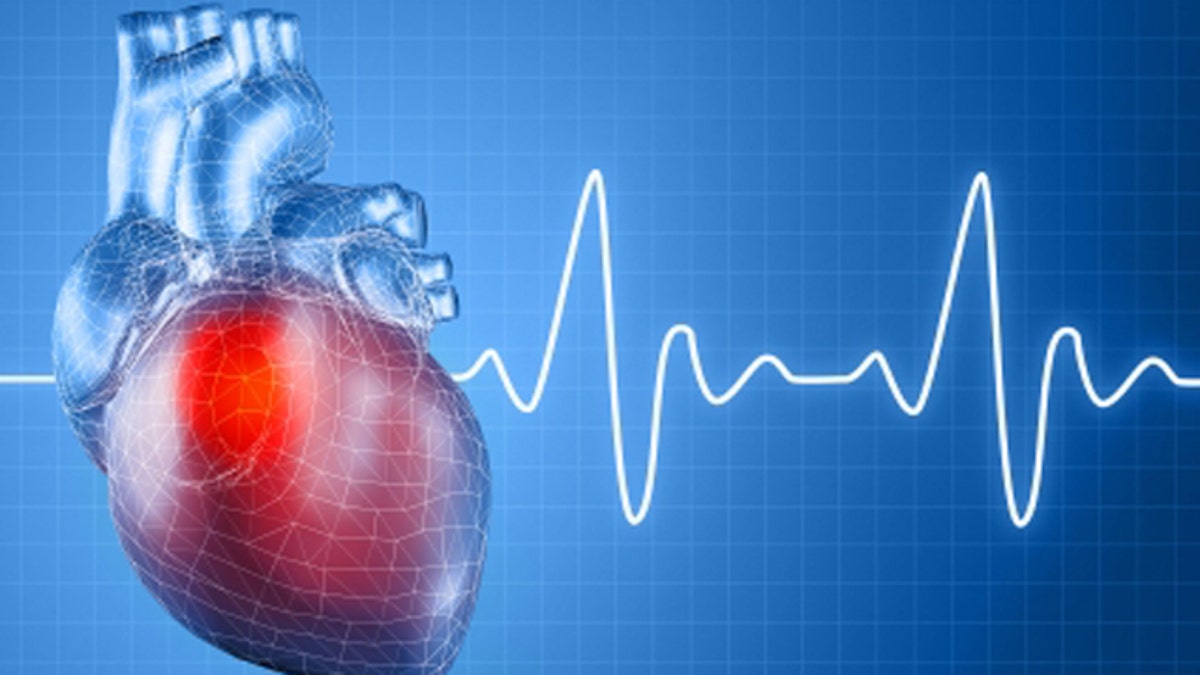
(iStock)
The prospect of using a person's own stem cells to help heal their damaged heart has moved closer to reality, The Australian reported Thursday, citing new research.
An international research group reported in the journal "Nature" that it can boost the formation of new heart muscle cells by treating mice with a small molecule it found can encourage the regrowth of blood vessels.
If the work can be replicated, it holds enormous promise because the damage caused by a heart attack is normally permanent and can lead to heart failure.
British Heart Foundation associate medical director Professor Jeremy Pearson said a way to repair damaged hearts was a "holy grail" of medical research.
"This groundbreaking study shows that adult hearts contain cells that, given the right stimulus, can mobilize and turn into new heart cells that might repair a damaged heart," Pearson said.
The British, US and Chinese team was led by Paul Riley, with University College London's Molecular Medicine Unit. Riley said the work promised huge potential.
"I could envisage a patient known to be at risk of a heart attack -- either because of family history or warning signs spotted by their GP -- taking an oral tablet ... which would prime their heart so that if they had a heart attack the damage could be repaired," he said.
But stem cell scientist Nadia Rosenthal cautioned that it was early days yet for such applications and noted there had been a "flurry" of similar but ultimately disappointing reports.
